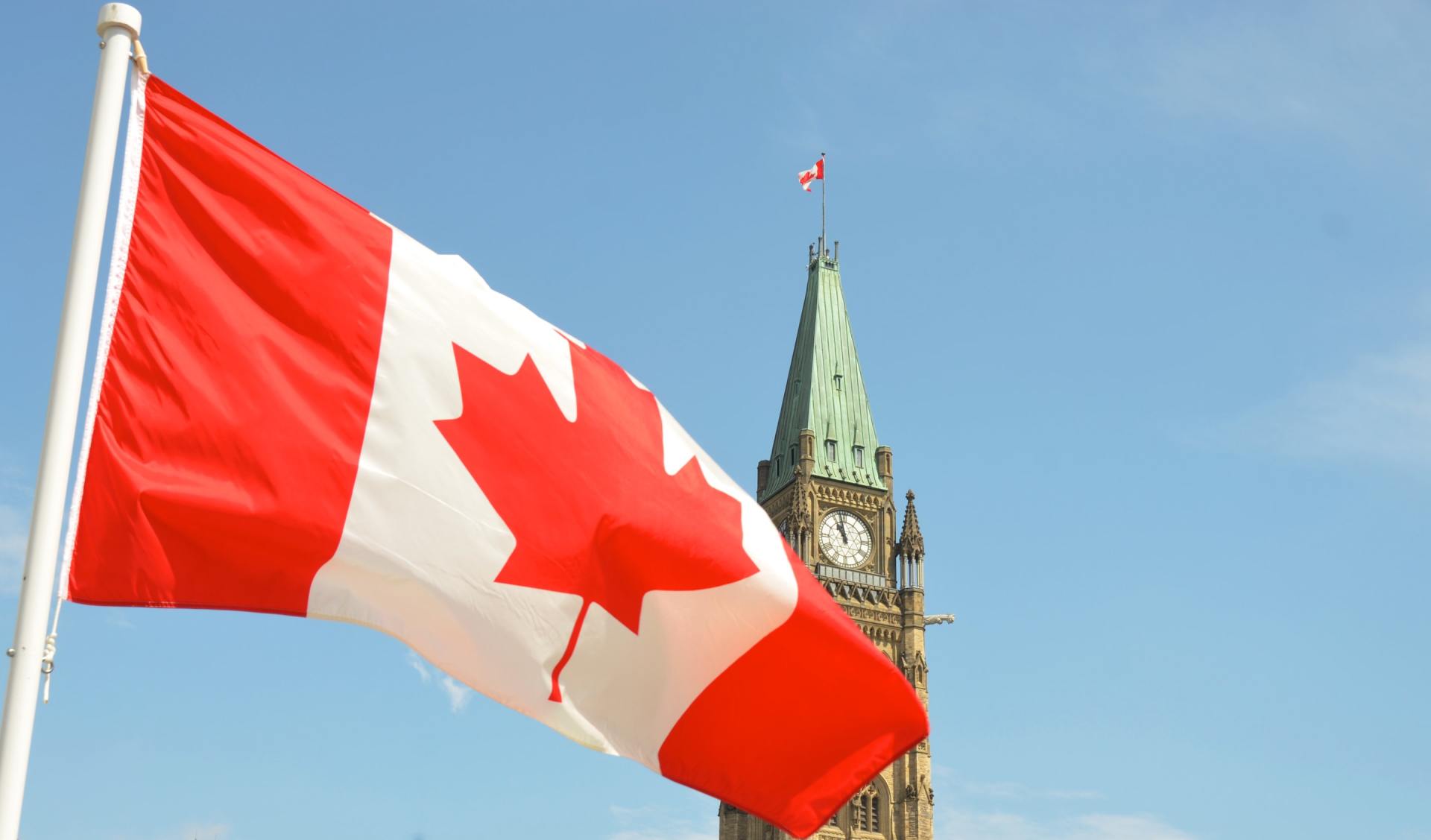What Happens if You Die Without a Will
Most of us know that having a will is important, but statistics show that what we know about wills and the action we take with wills are very different. According to a survey conducted by CIBC in 2013, more than half of Canadians die without a will.
If you die without a will in Canada it is referred to as dying in ‘intestacy’. When you die intestate, it is up to government legislation to handle your affairs. Below are some points that should be seriously considered before deciding against a will and how you could expect the estate will be distributed according to the current rules of intestacy.
Anyone who has assets, debts, or dependents should have a will. Most everyone wants their family to be looked after when they die. By not leaving a legal will behind, your family may not be cared for appropriately. Death takes a huge emotional toll on a family and not leaving a valid will can make things a lot worse.
Below are some considerations for your estate if you do not have an up to date will. While this list is by no means exhaustive, these points should be carefully considered before deciding against a will:
- Depending on the province, common-law partners may not be entitled to the estate as per the rules of intestacy.
- When individuals die in intestacy, an application must be made to the courts in order to appoint an estate administrator. Therefore, the deceased forfeits the opportunity to appoint an executor of their choosing.
- Even if you have a valid will, it is possible to die in ‘partial intestate’. Dying in partial intestate means that for some reason your will does not deal with the whole estate or a segment of your will is considered invalid.
- While everyone likes to think that their family would peacefully and fairly distribute their assets, this is usually not the case. Money has a way of bringing out an ugly side in people. Having a will can prevent this conflict and ensure everyone is treated fairly.
- Estate litigation can be very expensive for your family.
- There is no opportunity to select guardians for any minor children.
- Most provinces recognize posthumous birth under their intestate rules. Any children conceived before death and born after death are considered to have been alive during the deceased’s lifetime.
- Due to the laws of intestacy your spouse could end up with significantly less then intended, therefore they may not be able to maintain their lifestyle.
- There will be no outlined plan for dealing with any taxes or capital gains that may arise from your death.
- There will be no opportunity for charitable giving at your death.

Distribution of your estate
If an individual chooses not to leave a will behind, then the estate is distributed according to regulations set forward by provincial legislation. Every province has its own legislation for their intestate rules. It is important to be familiar with the rules in your province. The distribution is dependent on a variety or marital/family situations. Typically, each scenario unfolds as follows:

- Surviving Spouse, No Children
- In situations where the deceased has a surviving spouse but no children, the entire estate is passed to the spouse.
- Surviving Spouse, Surviving Children
- Preferential Shares - When the deceased leaves behind both a spouse and one or more child, in most provinces, the notion of preferential shares come into play. Preferential shares dictate that a certain amount of the net estate is directed first towards the spouse. The amount of the preferential share depends on the province you reside in. The amount of the preferential share in Ontario is $350,000. If the value of the estate is less than the dollar amount set out by the province, then the spouse receives the estate in its entirety. If the value of the estate exceeds the dollar amount set out by the province, then the preferential shares come into play. The spouse receives the preferential share amount and then the remainder of the estate is divided between the spouse and children.
- Beyond Preferential Shares - The net value of the estate that exceeds the preferential share amount is shared between the surviving spouse and children. This distribution is defined by provincial jurisdiction. Where there is just a spouse and one child, the majority of provinces distribute one half of the residual estate to the child and one half to the spouse. If the child has predeceased the parents, then their share is distributed down to their children (if they had any). This distribution is based on degrees of kinship, and is referred to as per stirpes.
- What happens if you die without a Will? - Where there is a surviving spouse and more than one child, the distribution differs by province. Generally one-half to one-third goes to the spouse, with the remainder being divided up equally among the children. In most provinces the children’s shares are distributed per stirpes. If there is no surviving spouse then the estate is shared equally by the children.
- *Provinces that do not recognize preferential shares include New Brunswick, Newfoundland, and PEI.
- No Surviving Spouse, No Children
- If the deceased leaves behind no spouse or children, then the estate is distributed to their heirs. In all provinces, except Quebec, if an individual dies without a spouse or children, the estate is passed to their parents in equal shares. If the individual is predeceased by their parents, then the estate passes equally to any brothers or sisters.
- If there are no surviving siblings, then the estate is then passed down to any nieces or nephews. In the case that there are no nieces or nephews, then the estate is distributed equally among the deceased’s next of kin.
- No Heirs
- If a person dies without any heirs, then each province has legislation that dictates the estate passing to the Crown in a process known as escheat.
Not having a will is risky business and there is virtually no benefit that comes from neglecting to have one created. The processes that go with dying intestate are complicated and may cause your family more grief then necessary when trying to cope with your death. A will is perhaps the most important part of any financial plan. No matter what stage of life you are in, it is never a bad time to contact your team of professionals and start developing a well thought out estate plan.
Have questions?





